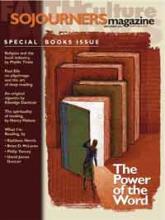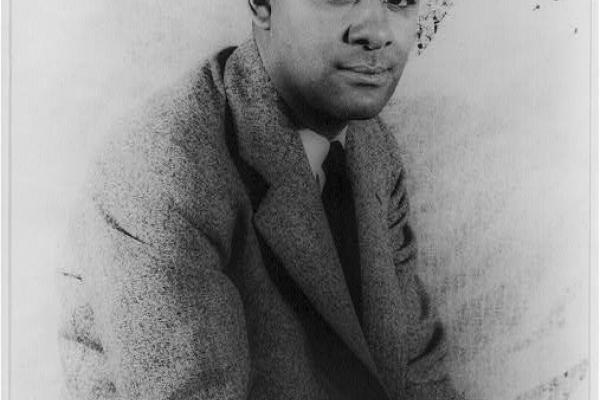I spent a good part of last summer with Richard Wright, the African-American author of the novel Native Son and the autobiography Black Boy. My extended visit with him happened because this fall I’m teaching a "Major Authors" class focused on his work.
Wright died in 1960, at the age of 52. But he still lives through his written words, which leap with dramatic fire and prickly rage. Born into a family of sharecroppers near Natchez, Mississippi, Wright’s early life went downhill from there. Humble is too mild a word for Wright’s beginnings, but he rose to become one of America’s most important authors.
In his late teens, Wright, already bitten by the writing bug, fled north to Chicago. He joined the Communist Party and its writers’ organization, the John Reed Club, which gave him the education the state of Mississippi had denied him. Wright’s first book, a story collection called Uncle Tom’s Children, appeared in 1938 and earned a favorable review from first lady Eleanor Roosevelt. Native Son, published in 1941, shocked readers with its unvarnished portrayal of black rage and alienation. But it was also a Book of the Month Club selection and made Wright a wealthy man.
Black Boy, published a few years later, was even more favorably received, but Wright felt dogged by racism, even in New York City. In the late 1940s, he moved to Paris, which he, and many other black artists and intellectuals, found to be free of color consciousness. Wright lived out his life there as an international celebrity, hobnobbing with existentialist philosophers and the early leaders of Africa’s anti-colonial revolutions.
Read the Full Article

